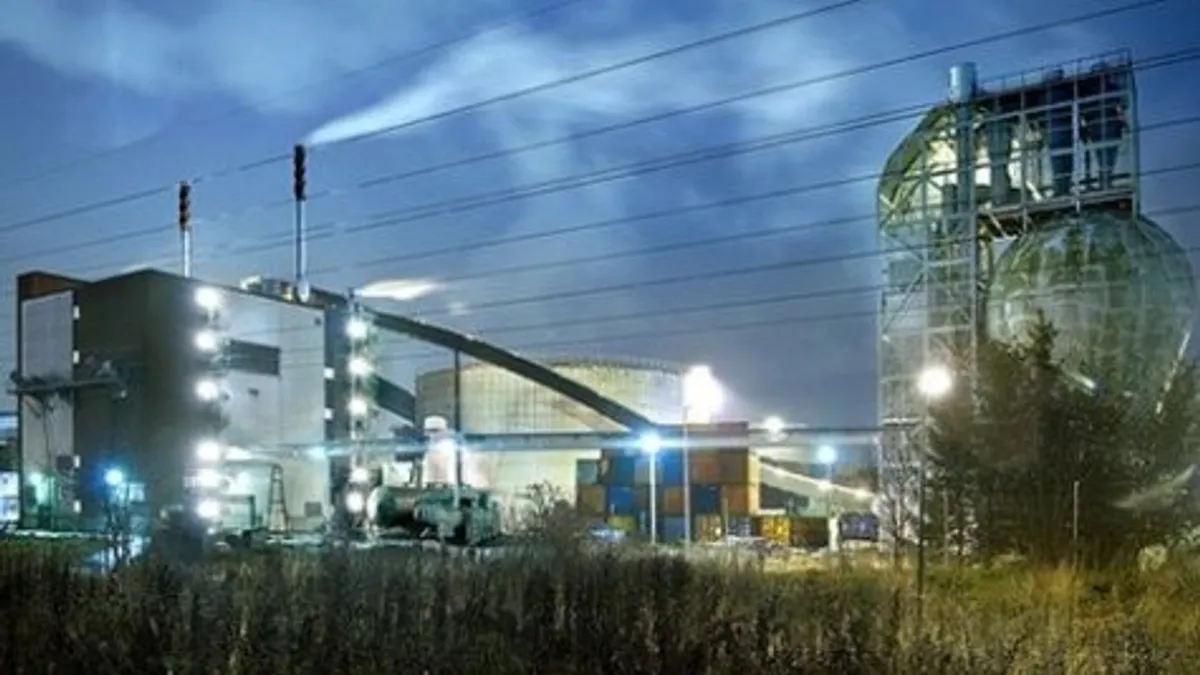Dive Brief:
- The Maine Public Utilities Commission has issued a request for proposals from biomass generators, seeking 80 MW of resources under two-year contracts, Bangor Daily News reports.
- Maine legislators in the 2016 session established a $13.4 million cost-recovery fund to pay for the above-market contracts.
- Biomass energy has been making headlines recently, with the U.S. Congress debating just how renewable the resource really is. Critics say burning plant matter releases all of its carbon at once, while a tree's ability to recapture that carbon can take years.
Dive Insight:
Maine regulators last week issued a request for proposals for biomass energy to be delivered into the New England ISO or northern Maine system under two-year contracts with one or both of Maine's investor-owned transmission and distribution utilities, Central Maine Power Co. and Emera Maine.
"Proposals will be evaluated based on the costs and benefits they provide, including economic benefits to the State of Maine," the PUC said, though the state legislature has approved above-market rates for the contracts.
In its 2016 session, lawmakers passed a measure to establish a $13.4 million fund for cost recovery associated with the contracts. Proposals are due by July 29, and a copy the of RFP can be found here.
The request specifies that regulators will select a biomass resource that "is operating at least at a 50% capacity for 60 days prior to the initiation of this competitive solicitation and continues to operate at that capacity except for planned and forced outages."
The PUC also said that if capacity and/or renewable energy credits are included, then proposals should specify annual quantities or quantity caps for the amounts of capacity and/or RECs for each year of the proposed contract term. Proposals may be structured as physical or financial transactions.
U.S. lawmakers are currently considering appropriations bills that could give the biomass industry a boost by directing the U.S. Environmental Protection Agency to consider the resource as carbon neutral, over the objections of some scientists who say it is no so clear-cut a distinction.
Forests do store carbon over time, but some scientists say their ability to act as a carbon sink takes place over years — while burning trees for energy releases the carbon all at once.
The industry won a significant victory earlier this year, when the Senate included a biomass amendment when it passed the Energy Policy Modernization Act of 2016, directing the Environmental Protection Agency to develop policies considering biomass to be carbon neutral.














